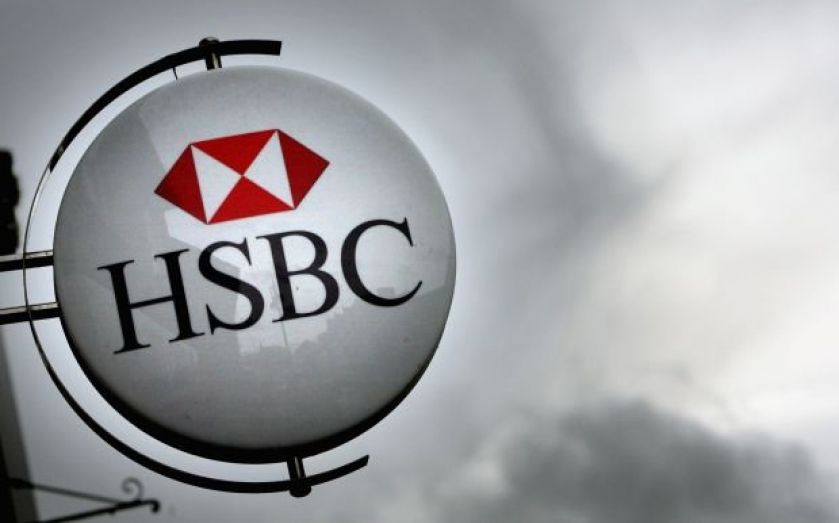| Updated:
A balance must be struck between accountability and preserving quality in banks’ boardrooms

The news that two directors of HSBC’s UK operation are stepping down because of proposed bank sanctions provoked a predictable reaction: good riddance, cried one commentator; they exerted no real influence anyway, exclaimed another.
Both missed the point.
The timing of the resignations of Alan Thomson and John Trueman could not have been more pointed. Just 24 hours earlier, regulators outlined bank ring-fencing plans requiring dozens of new directors to be appointed at the UK’s biggest lenders by 2019.
Meanwhile, both Thomson and Trueman, after being briefed by watchdogs about the implications of the new rules, concluded that ending their business careers under such a regime was simply not worth the risk.
The PRA and FCA proposals are still at the consultation stage. Andrew Bailey, the PRA chief executive, has already demonstrated a willingness to listen by modifying reforms of remuneration.
He should do the same on these, or risk a fresh governance crisis at the UK’s biggest lenders.
Accountability is critical; but banks having boards populated with competent directors is no less so.
A BANKER’S TENT – OR DISCONTENT?
On the list of priorities flooding the in-trays of Britain’s bank bosses – including their colleagues’ rule-induced resignations – wrestling with the utility of their trade bodies comes closer to the foot than the summit.
So on the face of it, a move by bank chairmen to investigate an overdue rationalisation of this labyrinth of organisations is sensible.
It would reduce the enormous overlap between their work, paving the way for a reduction in fees and help to persuade bank bosses of their value.
It won’t be straightforward, however. Tensions between the Payments Council and the British Bankers’ Association (BBA) have been evident in recent exchanges between the two bodies, according to people close to their discussions.
Gerard Lemos, the Payments Council chairman, is understood to have objected to BBA overtures aimed at assuming responsibility for the payments industry’s strategy.
One insider said this week that relations between the two bodies “bordered on hostile” – hardly the most conducive environment for creating a long-term framework for wider representation of one of the country’s most important industries.
The picture is also complicated by a recent approach that I’m told has been made by the UK Cards Association to the Payments Council about a closer collaboration between them.
The logic behind merging myriad organisations looks inescapable. Early evidence suggests, though, that a big tent for bankers might provide an umbrella for greater unrest, not less.
HUNTSWORTH: MEDDLE AND MUDDLE
The prize for most intriguing boardroom move of the week has to go to Lord Myners for his sudden exit from Huntsworth, the quoted public relations group.
Arriving only three months ago, the former City minister’s principal focus was to find a successor to the outgoing chief executive, Lord Chadlington.
Insiders say that Lord Myners bridled at his colleague’s interference in the recruitment process and promptly walked out. The exit statement suggested the chairman had less time than he required to carry out the role.
Huntsworth shareholders will be scratching their heads, given Lord Myners’ status as an emblem of effective corporate governance.
After all, if it’s correct that he quit over Chadlington’s meddling, why not say so; and why not just ask the chief executive to accelerate his exit instead?
